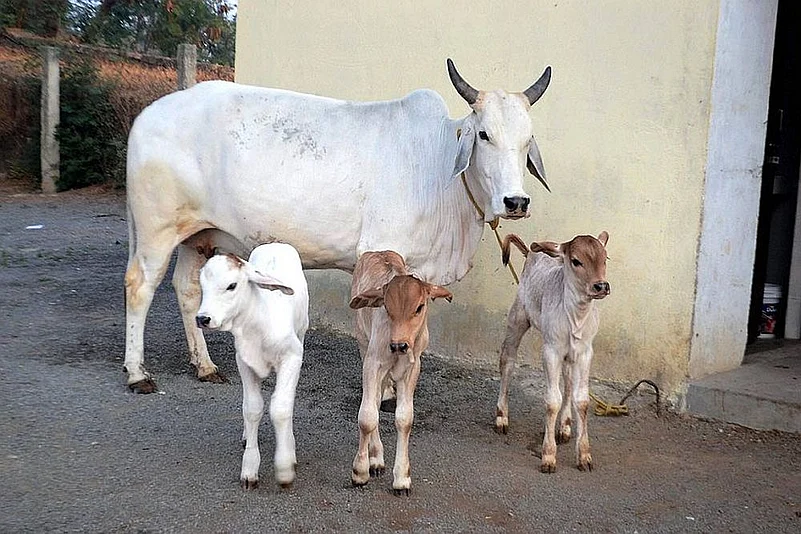After the Maharashtra Government filed an appeal in the Supreme Court to strike down the ban on possession of beef in the state, Congress leader Aslam Sheikh on Friday said that Prime Minister Narendra Modi should either ban beef across nation or not put any restrictions whatsoever.
"There is no need to go to the High Court or to the Supreme Court. Prime Minister Narendra Modi should either ban beef in whole nation or should not put any sort of restrictions anywhere in the country," Sheikh told ANI.
He said that the Government at the Centre should concentrate on how to bring India forward rather than concentrating on people's kitchen.
"The Government should not put restrictions on what people should eat or what not. They should look as to how to take the country forward rather than what's cooking in whose kitchen," he added.
The Supreme Court will hear the appeal filed by the Maharashtra Government against the Bombay High Court's decision to strike down the ban on possession of beef by citizens in the state.
Earlier in January, the Bombay High Court upheld the beef ban imposed by the state government after the enactment of the Maharashtra Animal Preservation (Amendment) Act, which bans slaughter of bulls, bullocks.
However, the court said that the possession of the meat cannot be considered as a crime, while striking down the relevant sections of the act.
Slaughtering of cows and sale of cow meat in Maharashtra has been banned and made illegal since 1976, but as per the new law the ban has extended to calves, bulls and bullocks.
On May 25, the Centre, through an order, imposed a ban on the sale of cattle, including cows, for slaughter and restricted cattle trade solely to farm owners.
Minister for Environment, Forest and Climate Change Harsh Vardhan had ordered that the ministry has notified the Prevention of Cruelty to Animals (Regulation of Livestock Markets) Rules, 2017 to ensure that the sale of cattle is not meant for slaughter purposes.
Regulating animal trade is a state business, but animal welfare is a central subject, thereby providing the window for the ministry to notify the rule.
In lieu of this, there was widespread opposition of the order, with many states openly denying accepting the notification. (ANI)


























